What are the best diets for burning fat? Is it a good idea for you to count calories or calculate macros? Cut fat or carbs? Eat twice the recommended amount of protein. Triple? Perhaps just connect to a constant IV of protein shake?
It shouldn’t be difficult to figure out which eating plan will burn fat while maintaining muscle. Fortunately, the International Society of Sports Nutrition just released its position statement, which reviews all existing logical studies to describe how each eating regimen will affect your body arrangement. Here, we’ve compiled a list of five of the most six-pack-friendly weight loss strategies and explained why they’re so effective and why they might be right (or unsuitable) for you—based on scientific evidence.
The 5 Best Diets For Burning Fat
Below are the 5 best diets for burning fat and losing weight:
1. Low-calorie diet:
Only 800 to 1,200 calories each day. Masters: The sole motivation for limiting your daily calories (and straining the bounds of rational soundness) is to lose weight as soon as possible—and the research shows it works while also maintaining as much lean bulk as possible.
In our experience, limiting your calorie intake will most certainly result in a great deal of internal discomfort and worry. Furthermore, we’re big fans of getting a kick out of eating rather than dreading it, and 800 calories don’t leave much room for satisfied taste buds. In conclusion, if you’re already consuming twice as much food, falling to a daily caloric intake this low can harm your digestion and reduce weight loss more than switching to one of these various eating regimens. (Inquisitive? Here’s why starving yourself won’t help you get more fit.
3. Low-carb diet:
A low-carb diet can reduce muscle mass rather than fat, with research indicating that ingesting 15-20% of daily calories from carbohydrates can result in significant weight loss and lessen the risk of heart disease and stroke. According to research, lowering carbohydrate intake can increase endurance performance, particularly in people who can easily adjust to fat ingestion. Discover low carb meal plan and menu to improve your health
Teaching your body to consume fat over carbs requires investment and may take time. Only one in every odd body consumes fat as effectively as carbs, so your diet may not yield results. Consuming more carbs may decrease your body’s ability to create unstable energy, and a low-carb diet may lead to weight loss.
4. Ketogenic diet:
Less than 10% of daily calories come from carbohydrates, 10-30% from protein, and 60-80% from fat.
The keto diet, while technically a subtype of the low-carb diet, is exceptional. By limiting your starch intake, you not only help your body become fat-adapted, but if you keep your protein intake low, you will also increase your levels of ketone bodies, which is essentially a sign that your body is operating on fat. The keto diet puts you in an extraordinary metabolic state known as ketosis, in which your brain consumes ketones rather than glucose—which, as far as anyone knows, leads to clearer reasoning.
According to the study, eating such a large amount of fat increases your body’s ability to consume muscle rather than fat. The study also demonstrates that keto competitors have a greater VO2 max and can shed fat without sacrificing quality or strength.
5. High-protein diet:
Protein accounts for at least 25% of daily calories. According to studies, boosting protein consumption can assist reduce the muscle-to-fat ratio and increase fit muscle. A daily protein intake of 2.4g per kg of body weight can result in 1.2kg of lean muscle gain and 5kg of fat loss in a month. Contrary to popular belief, eating a lot of protein does not cause weight gain or harm internal organs.
With all of the focus on protein, it’s easy to forget that you need to eat enough fat or carbs to power your workouts, so keep an eye on your energy levels and macronutrients. Furthermore, this is the primary true downside. The primary disadvantage revealed by the study investigation is that high protein is so effective at making you less enthusiastic that it may harm your efforts to gain weight.

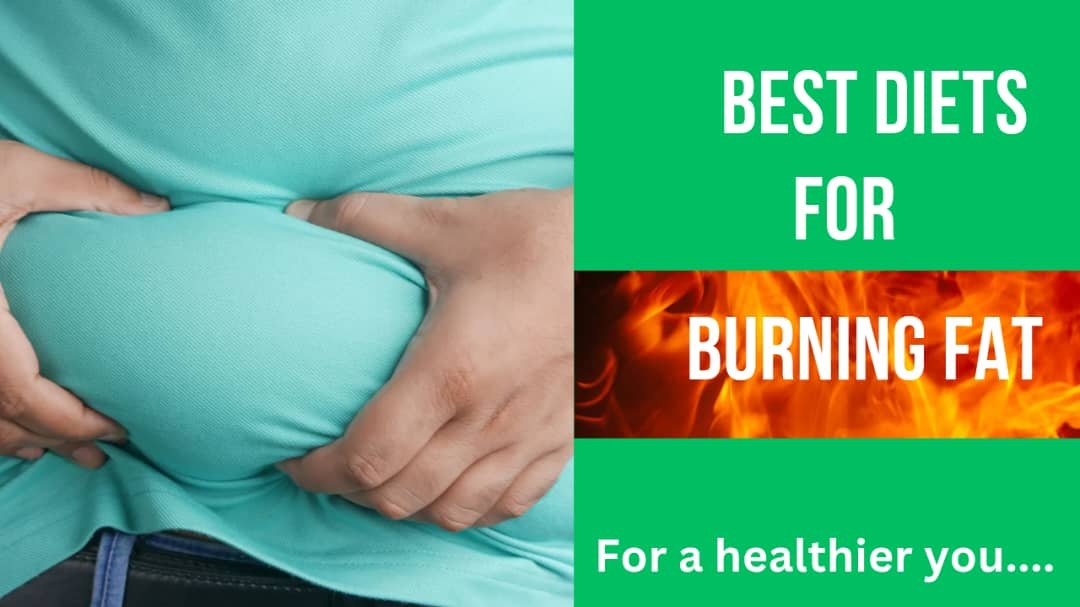
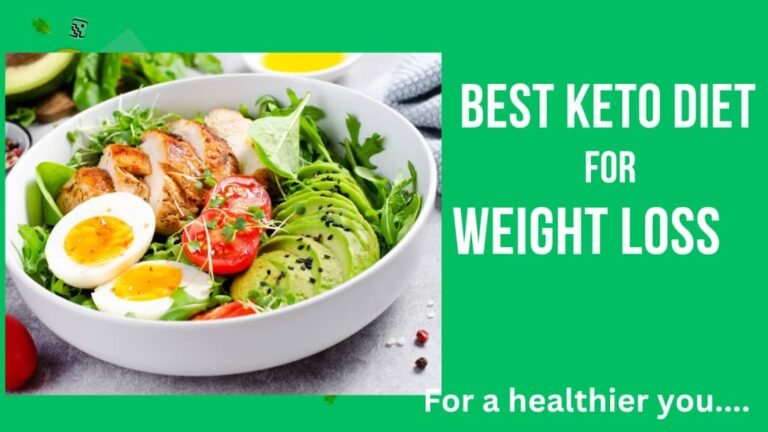
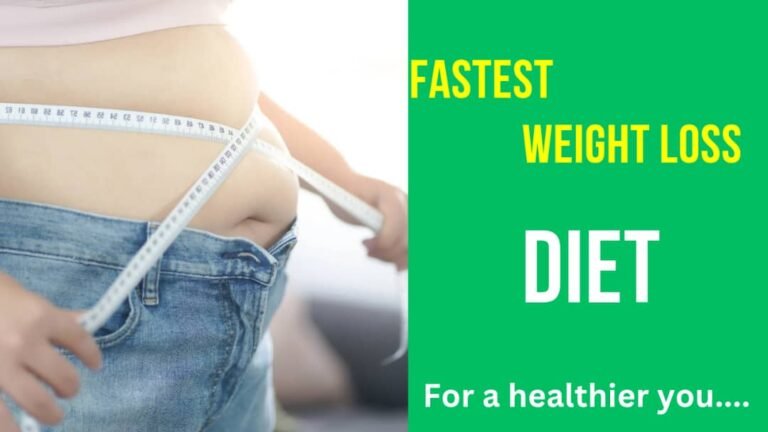
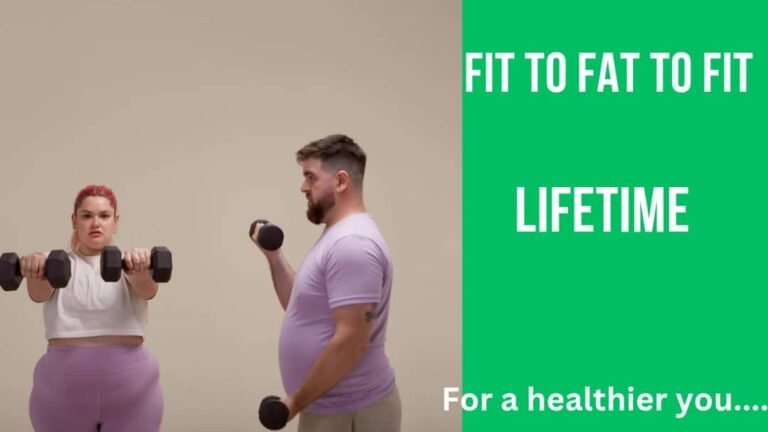
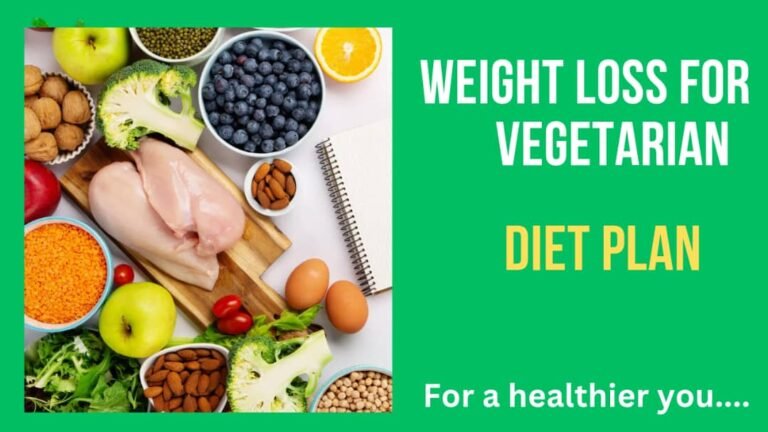
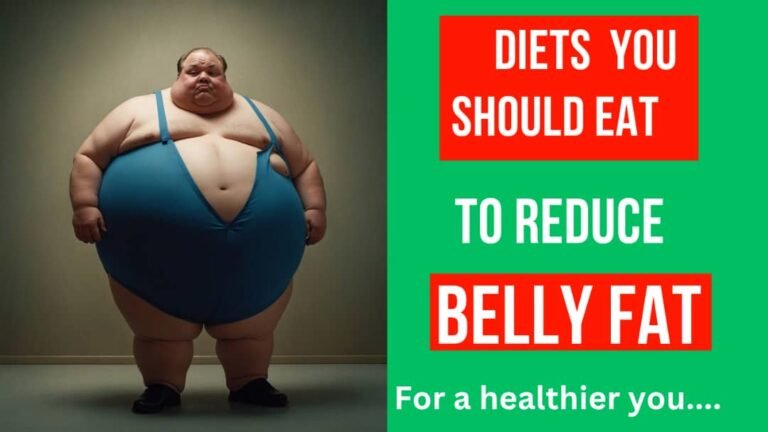
One Comment